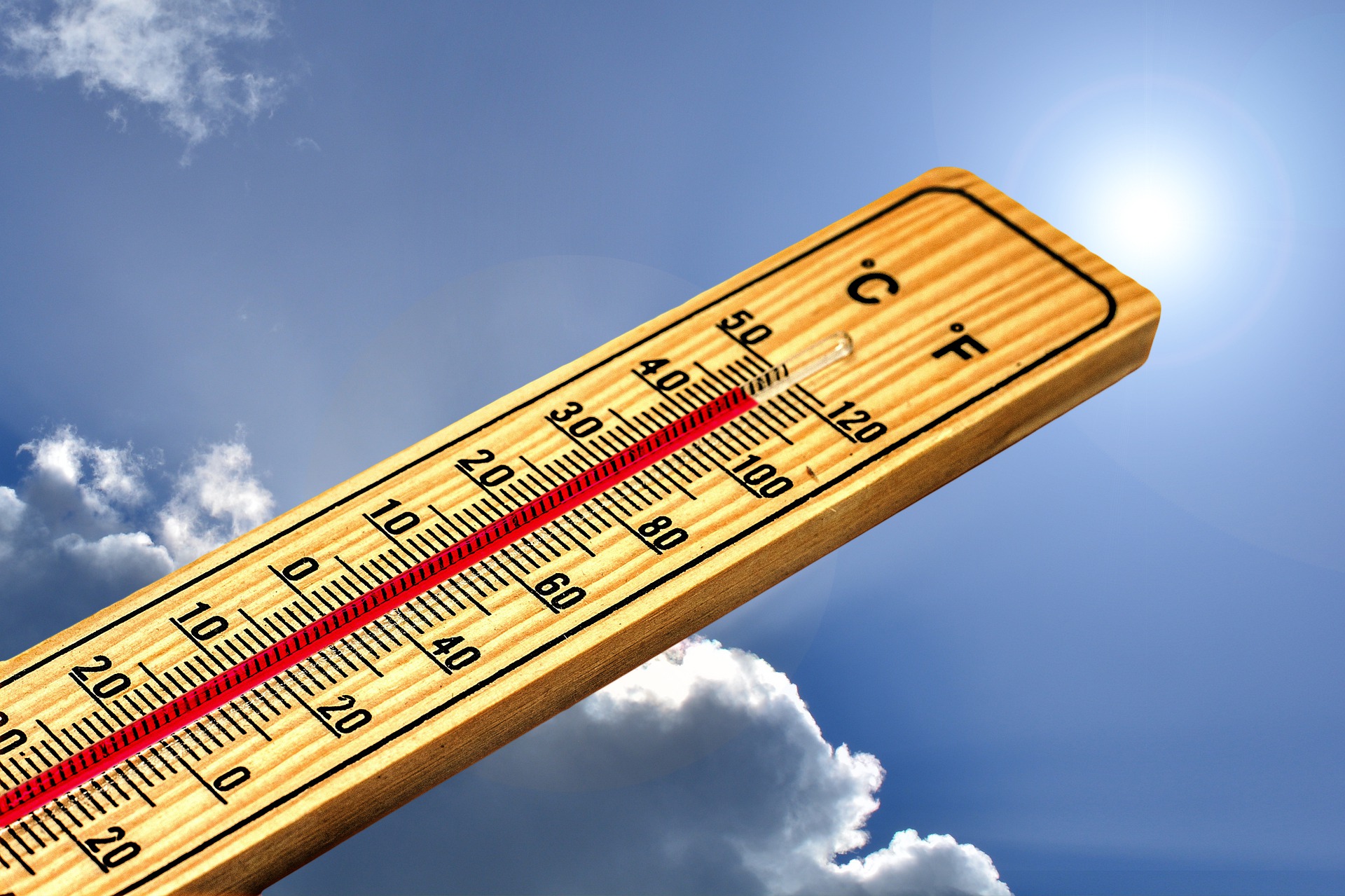By Donna Mischke, Director of Family Services at Concierge Care Advisors
Tips to Prevent Heat-Related Illnesses
Unusually hot weather can be uncomfortable for many, but for seniors, it can pose serious health risks. Many homes in the Pacific Northwest still lack air conditioning, making heatwaves particularly dangerous for older adults. According to the CDC, seniors are more susceptible to heat-related illnesses, which can have severe, even fatal, consequences.
Understanding these risks and taking proactive measures can ensure that seniors stay safe and comfortable during hot weather.
The Dangers of Heat-Related Illnesses for Seniors
Two common heat-related illnesses are heat exhaustion and heat stroke, which can range from mild to severe.
Symptoms of Heat Exhaustion:
- Dehydration.
- Fatigue or weakness.
- Headache and dizziness.
- Nausea or vomiting.
If untreated, heat exhaustion can progress to heat stroke, a medical emergency.
Symptoms of Heat Stroke:
- Body temperature of 104°F or higher.
- Confusion or agitation.
- Seizures or loss of consciousness.
- Organ damage (in severe cases).
Why Seniors Are at Greater Risk
Several factors make older adults more vulnerable to heat-related illnesses:
- Reduced Temperature Regulation: Aging affects the body’s ability to cool down efficiently.
- Chronic Conditions: Diseases like heart disease, lung disease, and diabetes can impair temperature regulation.
- Medications: Common medications for seniors, such as diuretics and antihistamines, increase the risk of dehydration.
How to Prevent Heat-Related Illnesses in Seniors
Here are practical steps to protect seniors during hot weather:
1. Stay Cool
- Encourage seniors to stay indoors during the hottest parts of the day (10 a.m.–4 p.m.).
- Use air conditioning or fans to keep the environment cool.
- If air conditioning is unavailable, consider visiting air-conditioned public spaces like malls, libraries, or community centers.
2. Stay Hydrated
- Encourage regular fluid intake, even if the senior doesn’t feel thirsty.
- Prioritize water and avoid drinks with caffeine or alcohol, which can dehydrate the body.
3. Dress for the Weather
- Wear loose, lightweight, and light-colored clothing to stay cool.
- Avoid dark colors, as they absorb heat.
4. Check on Elderly Loved Ones
- Frequently check on older adults during hot weather to ensure they are staying cool and hydrated.
5. Seek Medical Attention if Necessary
- If a senior shows signs of heat exhaustion or heat stroke, seek immediate medical attention. Heat stroke is a medical emergency and requires prompt treatment.
Proactive Steps for a Safe Summer
While we can’t control the weather, we can take steps to mitigate its dangers, especially for seniors. By staying cool, hydrated, and informed, older adults can navigate hot weather safely and enjoy the summer months.
If you’re concerned about an elderly loved one’s well-being during extreme weather, Concierge Care Advisors is here to help.
Contact us today to explore personalized care options and resources for senior safety.

























